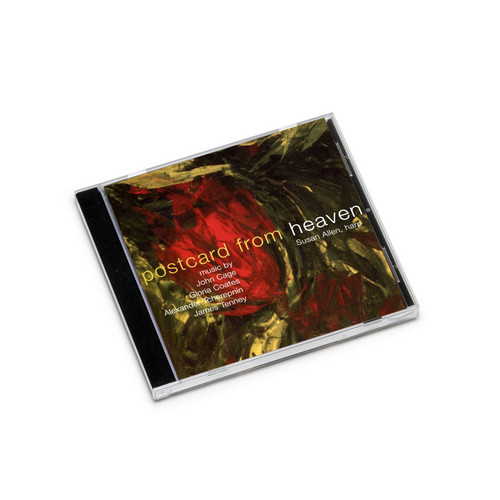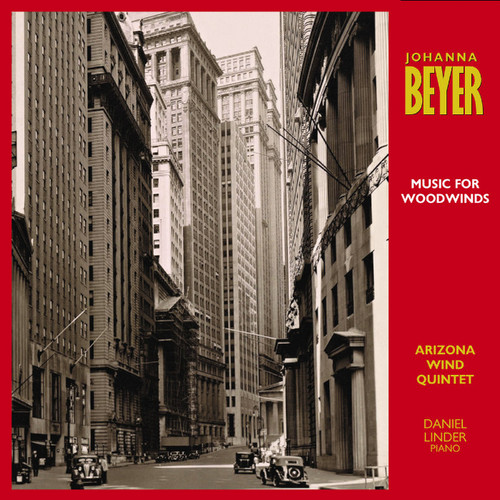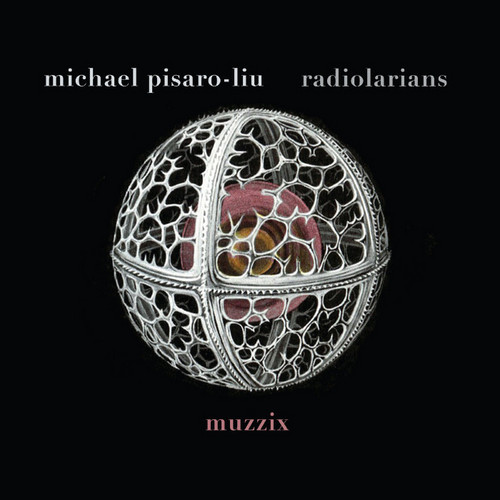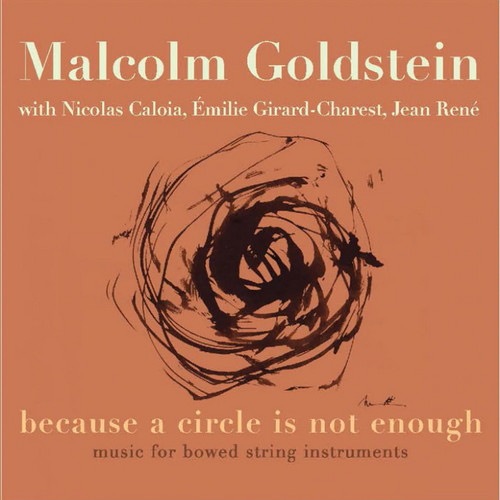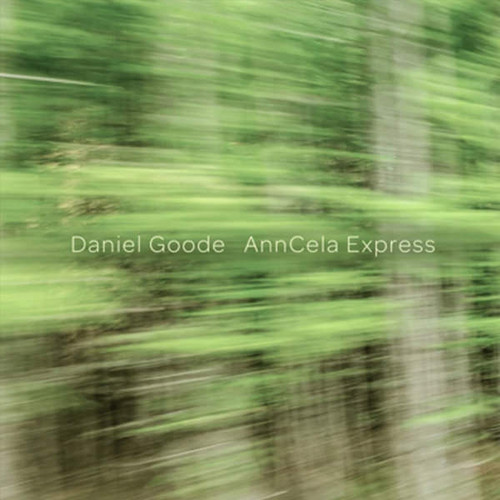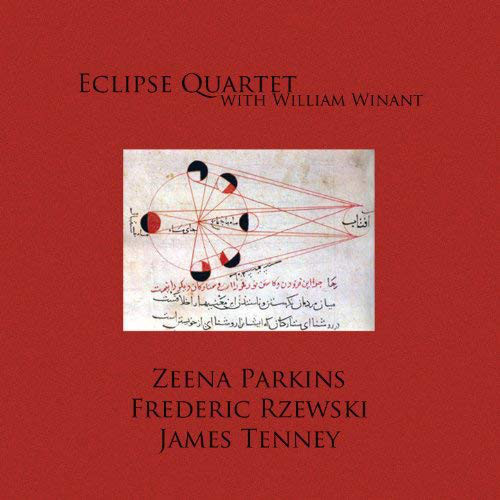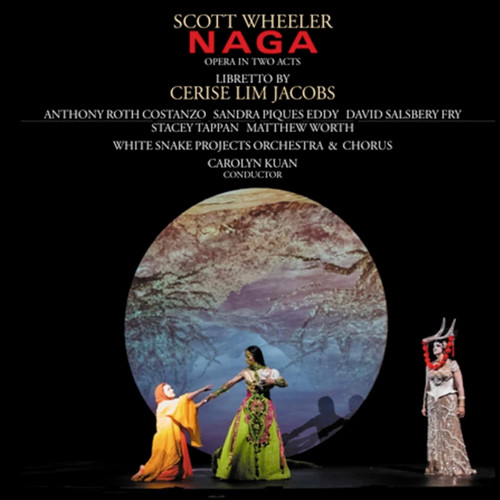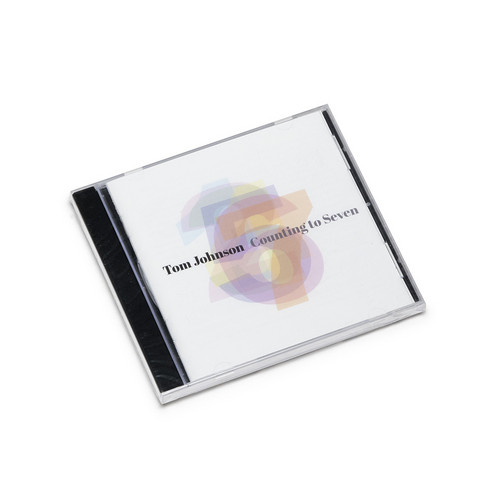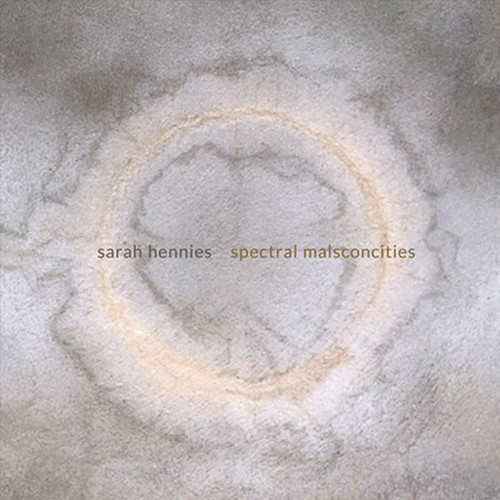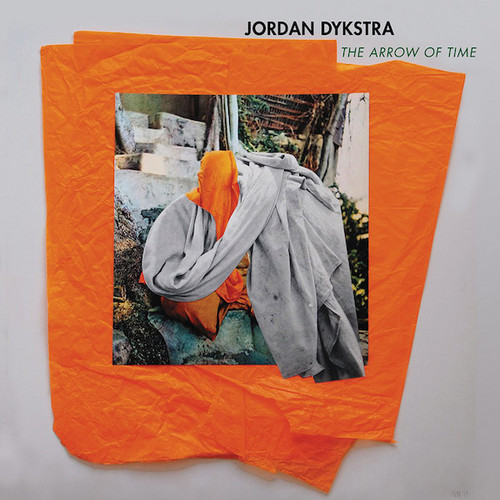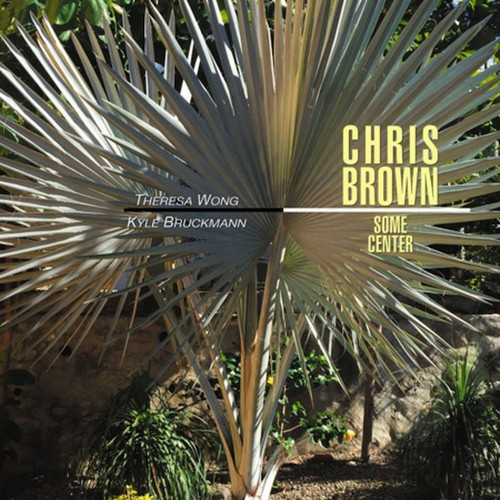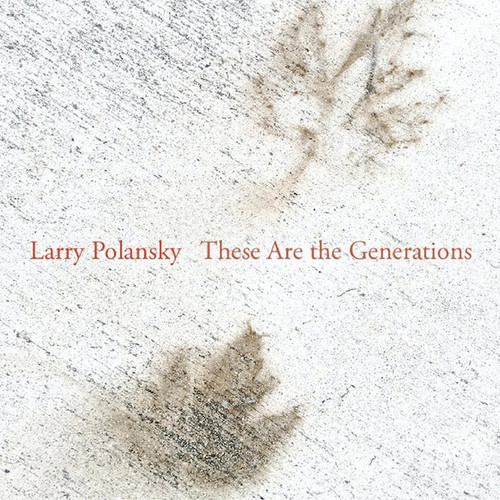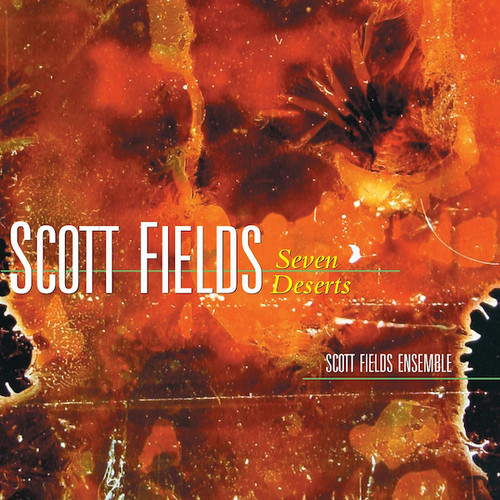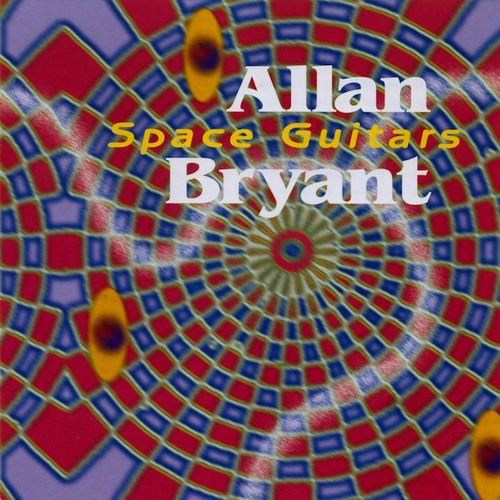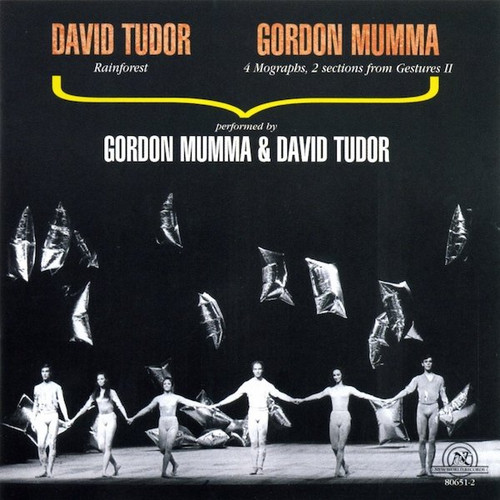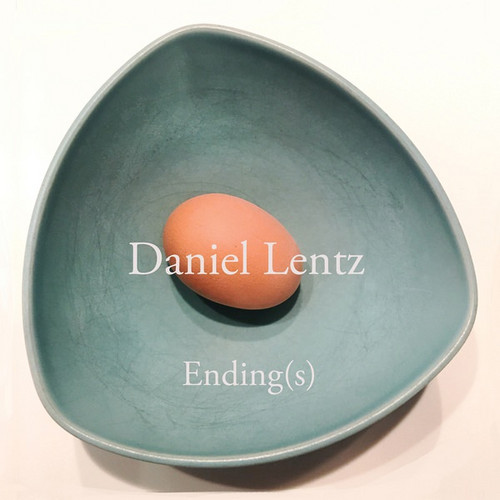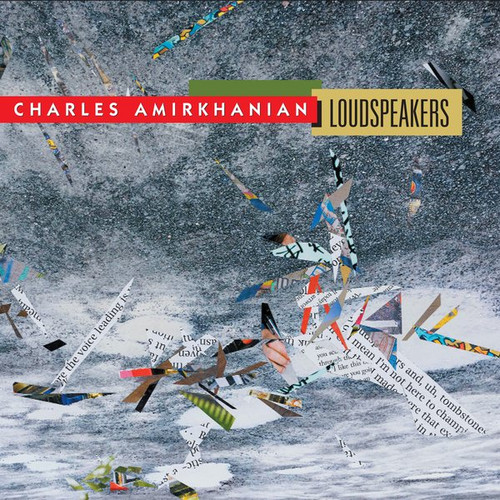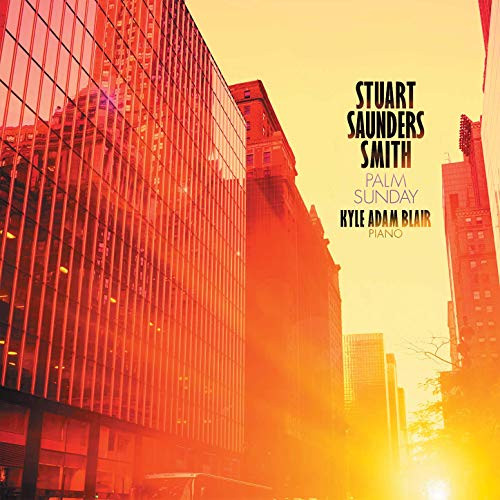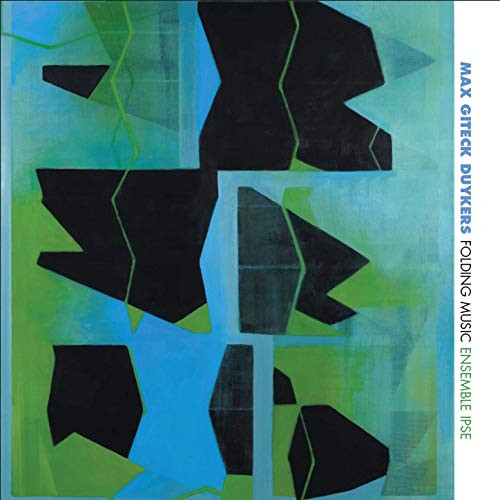★New World Records
Six Seasons
Tip! "A cycle of six movements and a coda, Six Seasons is as protean as the ocean waters that serve as its substance and underlying metaphor. In creating a space of many spaces and multiple temporalities, Lei Liang (b. 1972) resides in select company, artists who have fashioned a syntax of exploration both attendant to and divergent from music history’s established grooves and curves of innovation and tradition. Of the composers now lionized through the ever-expanding and often-arbitrary canon, …
Postcard From Heaven
The harp is a strange and compelling instrument that in its technological ancientness beckons composers and listeners alike to bask in its heavenly aura. Like hand drums and acoustic guitars, the immediacy of a harp's sound production demands an intimate, one-on-one relationship between listener and instrument/performer. This intimacy is why composers of all stripes write music for harp-it strips away habit and affectation. Its limits are challenges that distill the essence of a composer's style…
Music for Woodwinds
Through her novel approaches to texture and melody, German-American composer Johanna Magdalena Beyer (1888–1944) became one of the most distinctive modernist voices of the mid-20th century. Beyer was the first woman known to have composed for electric instruments (Music of the Spheres, 1938). Her compositions anticipate elements of minimalism, a movement that would manifest two decades after her passing. Beyer was long omitted from the written history of ultramodernism, but her activities as a c…
Michael Pisaro-Liu: Radiolarians
*In process of stocking* Radiolorians (2018) finds Pisaro-Liu drawing inspiration from another gifted observer of this world-in-variation, the German zoologist, naturalist, and philosopher Ernst Haeckel (1834–1919), who promoted and popularized evolutionary thought via extensive monographs and artful renderings of insects, animals, sea creatures, and embryos. For Radiolarians, Pisaro-Liu creates what he terms “transcriptions” of individual radiolaria species depicted in Haeckel’s drawings. Radio…
Because a circle is not enough
music for bowed string instruments consists mostly of music composed by Malcolm Goldstein (b. 1936) between 2018 and 2019 while living in Montréal, Québec. The impulse to compose this series came from Goldstein’s experience as a teacher and performer of Béla Bartók’s 44 Duos for Two Violins (1931). Whereas Bartók’s series features a clear progression to the pieces, gradually increasing in technical and musical complexity from beginning to end, music for bowed string instruments has no such seque…
AnnCela Express
If you ask a random group of people familiar with contemporary classical music to categorize the style or type of music that Daniel Goode (b. 1936) creates, you would probably receive as many answers as the number of people in that grouping: minimalist, gamelan, process, improvised, folk-based, solo, chamber, orchestral, spoken word, electro-acoustic, intermedia, graphic, and more.
This CD features two types of instrumental music: solo/small ensemble music and orchestral (or, to be more precise…
Spectral Malsconcities
The evolution of the string quartet repertory has accelerated during the last half of the twentieth-century and beyond as composers from both the mainstream and the avant-garde have mined its seemingly inexhaustible creative resources. This CD features the virtually unprecedented combination of string quartet and percussion. It contains three works by prominent American experimentalist composers from several generations exploring the ensemble’s unique sonic resources in diverse stylistic setting…
Naga (2 CD Box)
Fairy tale opera has been a challenging genre for composers, with even some of the musically most successful examples, like Humperdinck’s Hansel and Gretel of 1893, more often presented for children than for adults. Scott Wheeler’s (b. 1952) Naga, working from a text that lies between fairy tale and mythology, stands much closer to Mozart’s marvelous exemplar, The Magic Flute, in its musical account of a restless man setting out on a spiritual quest in a world polarized between good and evil for…
Counting to Seven
Tom Johnson (b. 1939) is a key figure in the contemporary music scene whose voice as a composer is instantly recognizable. A major champion of minimalism in the 1970s as a writer, he remains one of its most important adherents as a composer, although the word 'minimalist' does not cover everything that his music does. The characteristic elements of repetition and sparse material are there, but his extensive use of mathematics and, especially, counting, makes him unique. Johnson relies on more th…
Spectral Malsconcities
In modern experimental music, and especially among a number of musician-composers emerging in America during the Sixties, a fixation on process and awareness became a structural hallmark, exploring the gradual change of sonic materials, built environments, and the human body. Though much maligned as a term by its practitioners, figures like Steve Reich, La Monte Young, Philip Glass, and Terry Riley were among these 'minimal' composers; askew of them were electroacoustic explorers like Alvin Luci…
The Arrow Of Time
We want to fabricate a new music. We imagine a situation in which the sounding together of tones is never taken for granted, is continually renewed and reinvented. We know that the effect of any set of simultaneous tones, by means of the multiplication implicit in the harmonic series, totals much more than the number of notes played. A room can be made to vibrate with hundreds of frequencies by a single chord. We want to enter into a universe of harmony in which it becomes possible to hear into …
Some Center
Chris Brown’s (b. 1953) compositions Some Centre (2019) and First Light (2016), performed with such assured lucidity and subtle shading by the three members of The Chromelodia Project, engage with significant precursors in music and in literature, drawing upon their words and innovations, their insights and adventurous spirits while, in the process, transporting those uncompromising benefactors to a different frontier. Brown makes songs from poems by Emily Dickinson (1830–1886) and Jackson Mac L…
These Are the Generations
The title of this recording has multiple meanings for its composer, Larry Polansky (b 1954). These are the generations... is a translation of the Hebrew title for the second work on the program, Eleh Tol'd'ot, the first words of the thirty-fifth verse of the first book (B'rey'sheet) of the Torah. Beyond referencing Polansky's Jewish heritage, the phrase reflects this particular collection of works on several levels.
The compositions included stem from different generations of Polansky's musical …
Seven Deserts
Wrestling with the notion of balancing both formal construction and creative spontaneity has allowed Scott Fields (b 1952) to compose a powerful body of work with ties to extramusical concerns from the realms of literature, philosophy, and science. Seven Deserts (2019), rather than operating from a fixed narrative structure with predetermined events, lays out the ground rules for a manifestation that is absolutely identical in every performance in its operations and sonic vocabulary, but with ea…
Space Guitars
**2020 stock** I was born in Detroit (1931), studied chemistry and music at Princeton (1949–53), and after the army, pro-baseball, and working as a chemist at Cape Canaveral, I went to “Koln State” (Music School) in Germany on the GI Bill, (1959-63) and spent a lot of time watching Karlheinz Stockhausen work. I then “visited” Rome (1964–87) where Frederic Rzewski, Alvin Curran, Jon Phetteplace and I put together a group, “Musica Elettronica Viva” (MEV), to create electronic- sounding music in co…
Music of David Tudor and Gordon Mumma
This historic recording features the first-ever release of the two earliest surviving recordings of David Tudor's seminal work, Rainforest. Sandwiched in between are six keyboard works by Gordon Mumma in recordings featuring the composer and his close collaborator, Tudor. Together, these works constitute a fascinating and historically important document of the 1960s avant-garde in America.
In early 1968, Merce Cunningham created a new dance whose apparent impetus was Colin Turnbull's The Forest …
Ending(s)
While certain recognizable fingerprints are found throughout the body of Daniel Lentz's (b. 1942) work, he has never been content to settle within one particular style or mode of music for long, moving ever forward in an evolutional continuum, an overriding arc that defines his growth as a composer -- beginning with traditional music, diverting into electronic music, moving into performance art pieces for his various touring groups, then sallying into minimalism, followed by work distinguished f…
Loudspeakers
Charles Amirkhanian (b. 1945) can be regarded as a central figure in American music, and on several fronts. As a composer, he's been pervasively innovative in two genres: text-sound pieces, in which he can draw engaging rhythmic processes from wacky word assemblages such as 'rainbow chug bandit' and 'church car rubber baby buggy bumper'; and natural-sound electronic pieces which go far beyond the usual confines of musique concrète to create long, poetic sound narratives poised between collage an…
Palm Sunday
An insatiable listener, learner, and reader, Stuart Saunders Smith (b. 1948) has taken into his mind and spirit myriad styles of musical performance spanning centuries, methods of compositional practice of all sorts, and innumerable close personal relationships with artists of all disciplines. He has absorbed this vast expanse of knowledge, art, and personal experience, and rather than mimicking anything he has encountered along the way, he has manifested a truly personal, honest voice that ring…
Folding Music
Max Giteck Duykers (born 1972) stands out for his ongoing dedication to the sound worlds made possible by the Pierrot ensemble. Therefore it is fitting that the first recording devoted exclusively to Duykers's music should feature two of the four "Pierrot sextets" he has composed this far, that the remaining four works on the disc are playable by P6/P6+ subsets, and that everything here (except for the one vocal work which adds guest soprano Zen Wu) is performed by members of Ensemble Ipse, the …

